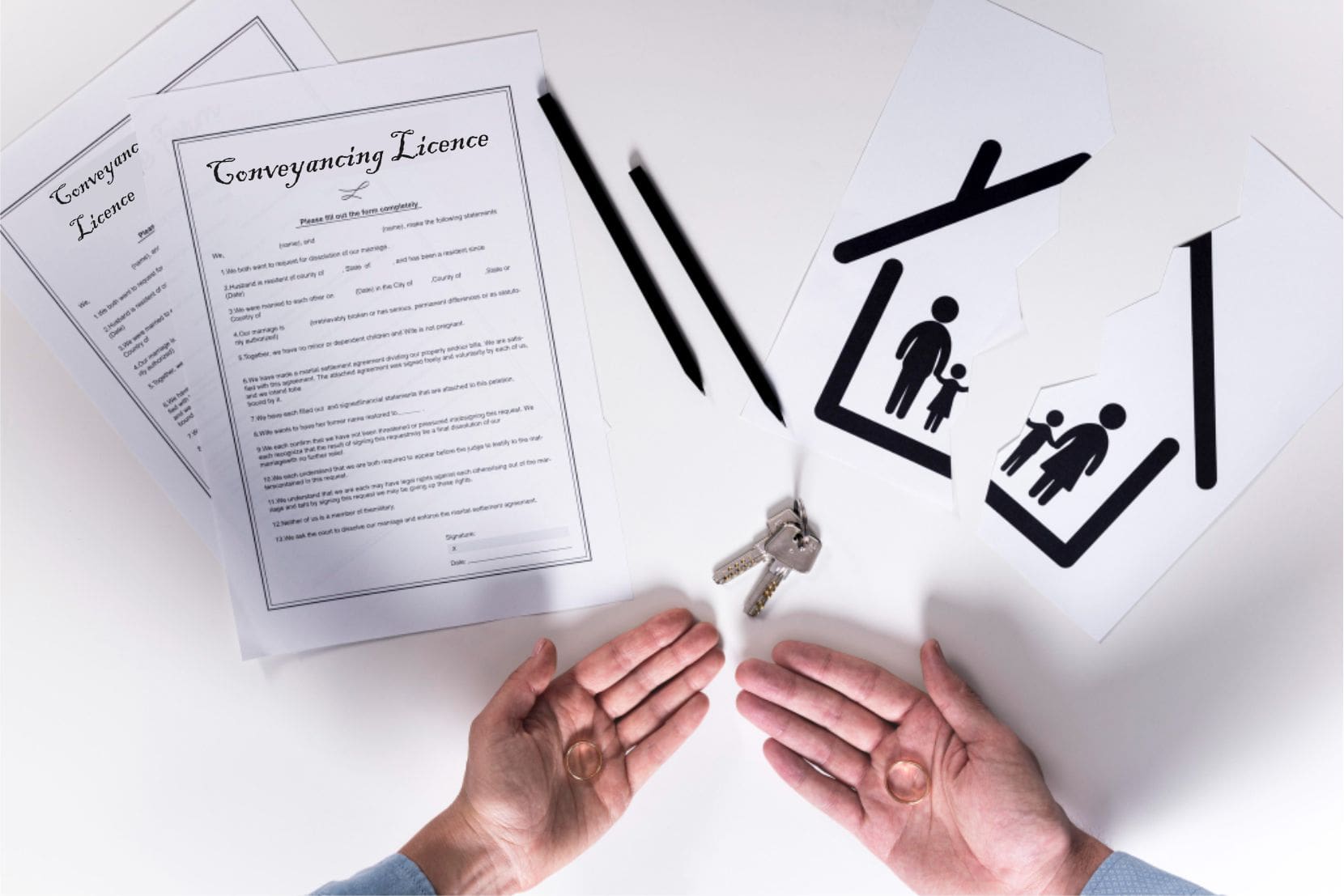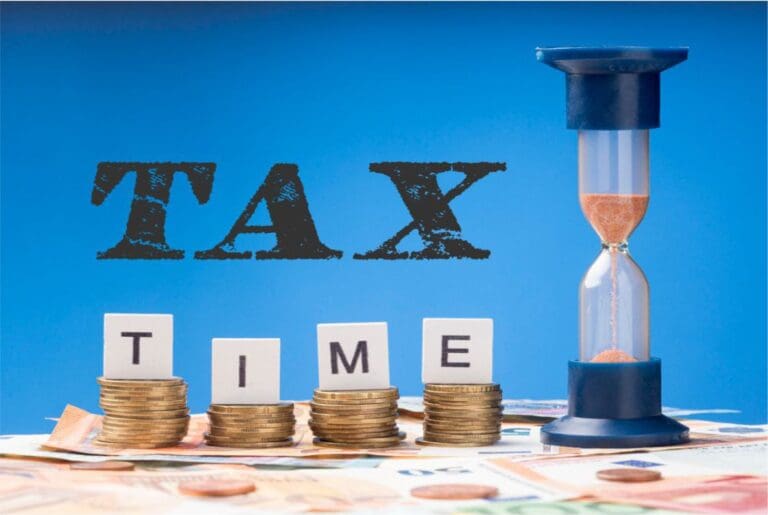If you’re thinking about a career in conveyancing, you might be wondering what a conveyancing license is and how to acquire one.
We’ll cover what exactly a conveyancing license is, why it’s necessary, the perks of having one, how you can get your hands on it, the various types you can choose from, and the responsibilities that come attached. You will also learn about the nitty-gritty of renewing and maintaining your license.
What Is a Conveyancing Licence?
A conveyancing license is an authorizing legal document for property transaction agents.
With a certified license you can provide different legal services during property transactions.
To acquire a valid conveyancing license you must attend a post-secondary education program and receive an applied diploma or bachelor’s degree.
Why Do You Need a Conveyancing Licence?
To handle property transactions on the right side of the law, you need to get yourself a conveyancing license. Without one, nobody will consider doing business with you, regardless of your reputation.
Conducting any legal services during property transactions without a certified license is against the law.
What Are the Benefits of Having a Conveyancing Licence?
A conveyancing license improves your professional credibility and allows you to take on responsibilities and duties within the conveyancing practice legally.
The license opens up a plethora of opportunities for you, enabling you to work in diverse settings such as law firms, real estate agencies, or even as a freelance conveyancer.
With a conveyancing license, you can represent clients in property transactions, draft legal documents, and conduct title searches.
The license also enables you to establish your practice, offering greater autonomy and the option to operate independently.
What Are the Risks of Not Having a Conveyancing Licence?
Operating without a conveyancing license exposes you to legal risks and penalties for non-compliance. You may lose any possibility of practicing law, and the fines will bury you in debt.
Clients will not work with an individual or firm that does not possess the proper credentials.
How Do You Obtain a Conveyancing Licence?
To get a conveyancing license, you’ll need to meet certain educational and professional criteria, go through the application process, and ace courses to make sure you’re ready to handle property transactions legally.
What Are the Requirements for Obtaining a Conveyancing Licence?
If you want to get a conveyancing license, you need to meet certain educational qualifications and complete professional training that matches industry standards and legal rules.
- A conveyancing license means having a relevant tertiary qualification in law or a related field. It could be a Bachelor’s degree in Law or a Diploma in Conveyancing.
- People often have to go through specific training programs recognized by the relevant regulatory body.
What Is the Process for Obtaining a Conveyancing Licence?
You’ll need to start by applying for a law or conveyancing educational program. After that, you will have to complete several courses and examinations. The tests will cover a bunch of legal and practical stuff about conveyancing law and practice. The theory matches the practice in our field, make sure to study hard.
Once you pass the tests, the last hurdle is getting the thumbs up from the government. The stamp of approval means you’ve ticked off all the boxes needed to work as a licensed conveyancer.
What Are the Different Types of Conveyancing Licences?
You have to know that there are different types of conveyancing licenses. Each one comes with its own set of rules and responsibilities, giving professionals the power to manage different parts of property transactions while staying within the bounds of the law.
1. Individual Conveyancing Licence
When you have an individual conveyancing license, you are an independent contractor and offer conveyancing services directly to your clients.
Getting an individual conveyancing license means you get to call the shots. You could set up your own law firm if you wish. However, it can be hard to build a name for yourself alone, working with partners could give you a head start.
To practice conveyancing as an organization you will need a corporate conveyancing licence.
2. Corporate Conveyancing Licence
A corporate conveyancing license lets you offer conveyancing services using your own conveyancers, whether they’re on your payroll or contracted. When a firm starts working on more transactions than it can handle, and needs to expand, the first step is to acquire a corporate license.
With a corporate license, a conveyancing law firm can expand its operations to independent one-time contractors. However, this is the highest level of conveyancing and law practice, so you don’t have to stress about this yet.
With a team of conveyancers all working under the same license, you can keep quality in check and make sure clients get the same top-notch service every time.
3. Limited Conveyancing Licence
If you have a limited conveyancing license, you’re only allowed to do certain types of conveyancing activities, usually with some conditions or in specific areas.
Limited licenses are usually given to people who have completed a certain level of education or training in conveyancing. Even though there are limitations on what you can do, having the license lets you handle important tasks like drafting legal documents, searching for properties, and assisting with property transfers.
Remember, if you’re working with a limited conveyancing license, you have to stick to the restrictions to avoid any legal trouble. The requirements and limitations for these licenses can differ depending on the jurisdiction, so make sure you know the rules and regulations in your area.
4. Full Conveyancing Licence
A full conveyancing license allows you to handle all aspects of conveyancing transactions.
You will be certified for property transfers, title searches, creating legal documents, and overseeing the entire process. With this license, you can manage complex real estate deals, offer legal guidance, and ensure proper paperwork completion.
The full conveyancing license demonstrates expertise in property law and conveyancing to clients.
What Are the Responsibilities of a Conveyancing Licence Holder?
As a conveyancing license holder, you must uphold great legal responsibilities. You’ve got to make sure you’re following all the legal regulations, keeping your ethical standards high, and running the conveyancing process smoothly.
1. Compliance with Regulations
As someone in the real estate industry, you have a responsibility to comply with regulations. Conveyancers are law practitioners for the real estate market.
To thrive in conveyancing, you must have a solid grasp of the rules and guidelines set by licensing authorities. Government regulations cover a range of aspects, from being transparent with clients to handling funds securely.
If you slip up and fail to comply, you could face hefty fines, license suspension, or even legal trouble.
2. Maintaining Professional Standards
To keep your conveyancing licence in good standing, you must maintain professional standards that meet industry expectations and deliver top-notch service to your clients.
By staying up-to-date on the latest regulations and best practices in the field, you can ensure that your dealings are always above board and ahead of your competition.
Never stop expanding your skills and knowledge, the market is always adapting, and so must you.
3. Keeping Records and Documents
Keeping accurate records and documents is your main obligation. You have to stay organized and transparent at all times.
Proper record-keeping can be your shield against potential disputes or legal headaches down the road.
Your best move? Get those documents in order and store them securely (whether physical or digital).
How Can You Renew or Maintain Your Conveyancing Licence?
Conveyancing licenses have to be renewed annually, with some flexibility, depending on jurisdiction.
1. Renewal Process
When you renew your conveyancing license, the government will check your submitted forms and documents for inconsistencies. If everything checks out, you will be allowed to continue practice.
On top of the basics, you’ll need to prove that you’ve completed any required continuing education courses or training programs.
Don’t forget to update any personal details or contact info to keep the licensing board in the loop.
2. Changes to Licence Details
To keep your conveyancing license in good standing, promptly update any changes to your license details. Inconsistent information may render the license invalid.
If you let this information slide and don’t keep it current, you could run into issues during audits or investigations.
Correcting an invalid license comes at a substantial cost.
FAQ
What is a Conveyancing Licence?
A Conveyancing Licence is a license given to a qualified individual who is authorized to practice conveyancing, which is the legal process of transferring ownership of real estate property from one party to another.
Do I need a Conveyancing Licence to buy or sell a property?
No, a Conveyancing Licence is not required for individuals to buy or sell a property. However, it is highly recommended to hire a licensed conveyancer or solicitor to ensure a smooth and legally sound transaction.
How do I obtain a Conveyancing Licence?
To obtain a Conveyancing Licence, individuals must complete the necessary education and training requirements, pass the licensing examination, and adhere to any additional licensing requirements set by the governing body in their jurisdiction.
Is a Conveyancing Licence the same as a Real Estate Licence?
No, a Conveyancing Licence and a Real Estate Licence are two separate licenses. A Conveyancing Licence specifically focuses on the legal aspects of transferring property ownership, while a Real Estate Licence allows individuals to buy and sell properties on behalf of clients.
What are the benefits of hiring a licensed conveyancer?
Hiring a licensed conveyancer ensures that all legal requirements are met, reducing the risk of any legal issues arising during the property transfer process. They also have expertise in handling any complications or issues that may arise during the transaction.
How long is a Conveyancing Licence valid for?
A Conveyancing Licence is usually valid for a specific period of time, depending on the jurisdiction. However, most jurisdictions require conveyancers to participate in ongoing education and training to renew their license and stay updated on any changes in the industry.
Get your quote today.
Relax knowing our experts are handling your property conveyancing.









